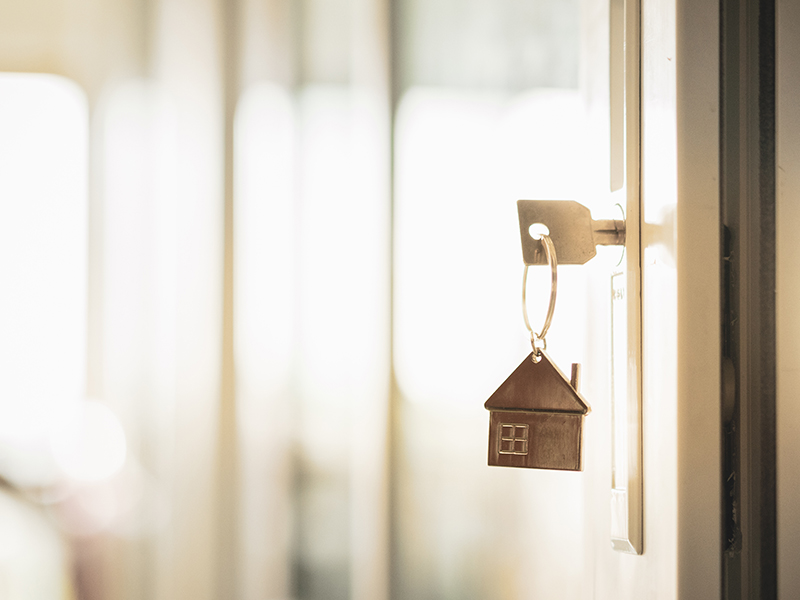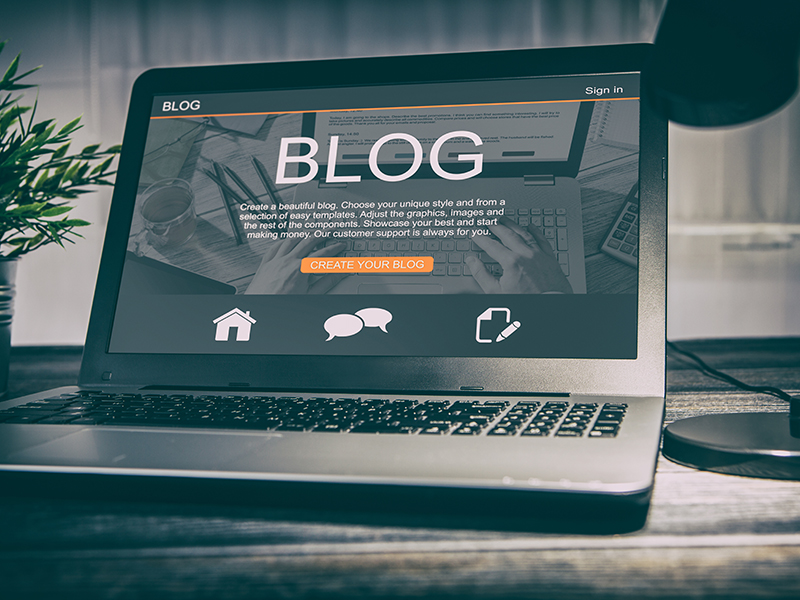5 Tips to Sell Your Home for the Highest Possible Price
|
Your home is one of, if not your biggest assets, and when you’re ready to sell, it is important to consider pricing, listing, and preparing your home to get the best possible price—all of which can pose a challenge.
 Here are some tips to help ensure the best results: 1. Hire an experienced real estate agent.
Agents have access to databases of proprietary market information that is not readily available to the public. These databases include market trends, shadow inventory, number of days on market, and even major development plans that have not yet been shared with the public. Access to this invaluable information helps to ascertain the highest listing price and makes the selling process more efficient.2. Make sure your agent is familiar with your neighborhood.
Your agent should not only be an expert in the local real estate market, but all aspects of the area—from transportation and schools to parks, shopping, theaters, and more. Armed with this information, they can accurately answer a wide range of questions posed by potential buyers.3. Consider the condition of the home.
Has your home been renovated? If so, have a list of the improvements you made with dates of completion and warranties handy. If the home hasn’t been renovated, keep in mind that renovated homes tend to sell faster and for higher prices. Depending on the current market, buyers may favor “move-in ready” homes that don’t require any major renovations. - You can defer renovation and staging costs until after close of the sale.
Find out more here.However, if the home is in estate condition—meaning it is still in its original, unrenovated state—you should emphasize the pros over the cons. Even though the home may not be updated, there are benefits to estate-condition homes—they often have larger rooms, higher ceilings, and design accents like crown moldings or fireplace mantels that are not often found in newer properties. These types of homes appeal to that special buyer who wants to put their imprint on the home and personalize it for their own needs.4. Think about location.
The location of the home is a major factor in its potential for success in the market. Is it located in a well-known, established neighborhood? Or perhaps an emerging area? Trend analysis is key when factoring in location—and your real estate agent can help with assessing this.5. Find comparable sales.
Normally, an appraiser or agent will look at comparable sales, which are sales that have occurred in similar buildings. They will also look for sales within a certain radius. By comparing with these sales, they will be able to determine how to properly price your home. When looking at comparable sales, an agent will adjust price based on a variety of factors. For instance, first-floor apartments may be valued less than top-floor units with scenic views. Other aspects, such as outdoor space, building amenities, taxes, monthly fees and reserves, etc., will also be factored into price adjustments.Being knowledgeable about what it takes to sell a home while considering current market trends will help you achieve the highest sale price in the shortest period of time.
Guide to Buying a Home - 20 Points to Consider - Closing Costs Estimates - How to Start Your Search |
|  |
 | Curate You can defer renovation and staging costs until after close of the sale. |
|
Previous Blog Posts |  |
|
|
|
 |
|
|
|